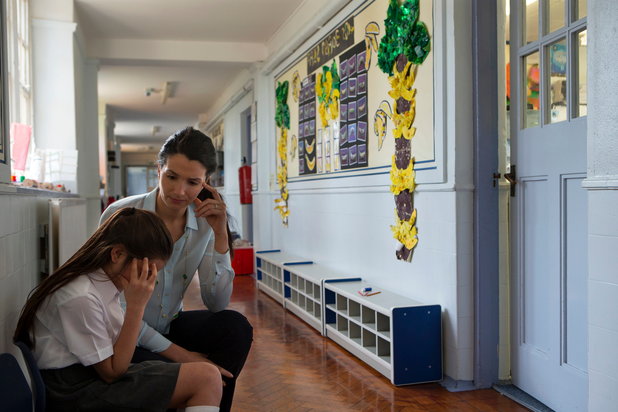Kids face a lot of issues in today’s world. There’s school, homework, sports, chores and peer pressure, to say the least. These matters take up a great deal of time for kids of all ages, starting from the time they enter grade school all the way to their college years. Throughout these years, they are bound to be exposed to alcohol or drugs in some way. Teaching children the dangers of substance abuse and early intervention is very important.
If you’re in need of some ideas, here are some effective ways to keep your kids off the wrong path.
1. Read books.
There are books and audio books that address substance abuse issues to kids of all ages. If you or someone in your home is using or has recently started recovery, books are available that cover all topics and speak to kids in a language they understand. Coping skills, emotional reactions, ways to speak to those who are using are all excellent choices.
2. Watch videos and movies.
Watching a video or movie that shows how substance abuse changes a person’s personality and physical well-being is a very powerful motivator. Some of these videos are graphic and should be monitored by the parent or guardian. Prevention is the best way to get ahead of the sickness of substance abuse. These videos will give your children the opportunity to ask questions and ease any fears or uncertainty they might have.
3. Contact the County or State Drug and Alcohol Commission.
Your local county or state government commission have wonderful resources for people of all ages, including parents, who want to be educated on the terrible effects of substance abuse. Sometimes employees of these commissions go to area schools and give presentations as well as have an advocate that can give some personal time to address the best way to help you get the right information for your situation.
4. Go on the Internet.
As much as parents try to limit the amount of time their kids spend on the internet, this is one instance that can be very helpful. If you do not have access to the internet at home, go to any public library and use their computers. Take some time to investigate websites that cater to prevention of alcohol, tobacco, and drug use and provide the information you think is appropriate for your family. Websites like Prevent Teen Drug Use, Get Smart About Drugs or a teen rehab directory are good places to check out depending on what kind of information you need.
5. Talk to your kids.
All kids, even very young kids, will listen to their parents before they will a stranger. It may seem uncomfortable to discuss alcoholism or gateway drugs with a 6-year-old. Some parents think their children are too young to understand what is happening around them. Most often, that is not the case. Talk to them in a language that they understand. Be sensitive to their innocence but be honest. Children are more aware of their surroundings than they are given credit for. If you are the person who has been abusing drugs, explain to them gently that you are working your program to do better and let them know they can trust you.
Making drug and alcohol prevention education a priority in the home for kids of all ages is critical. If they know that you want them to make smart choices and are involved in their development as they grow up, they will respect you as a parent or guardian and know that you care about their welfare. Exposure to substance abuse is everywhere and the more your kids know the better off they will be.







